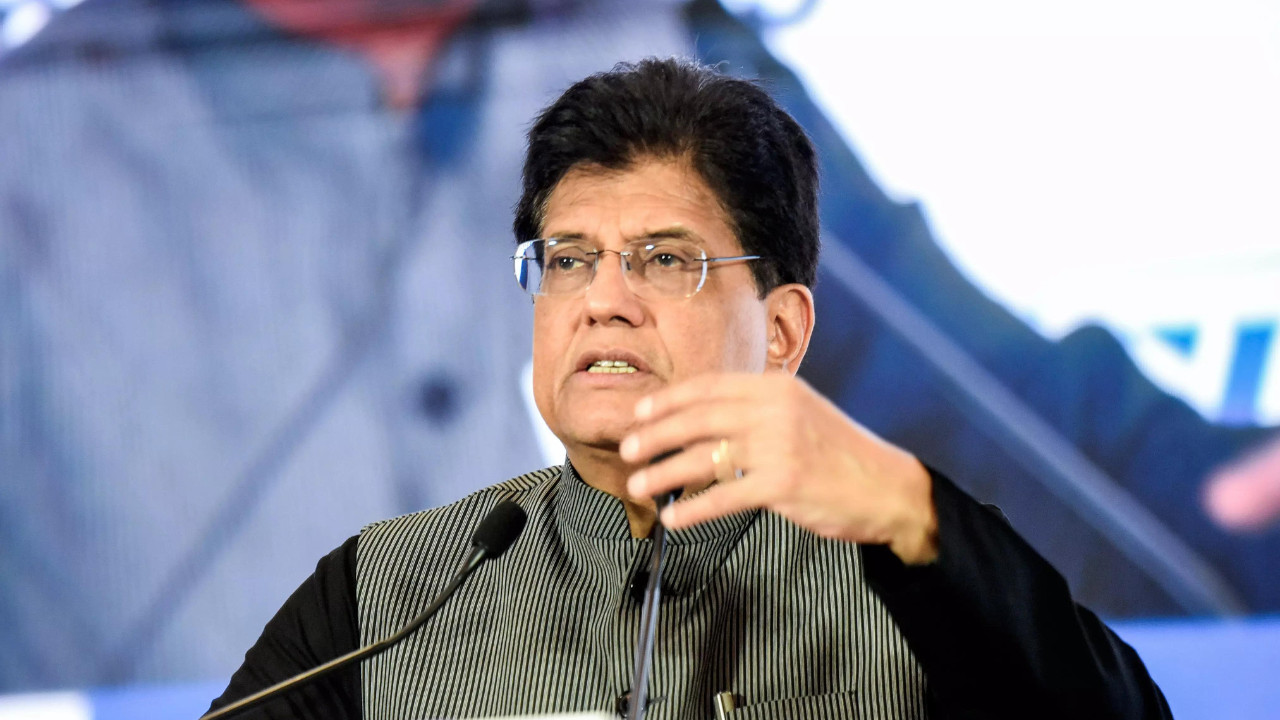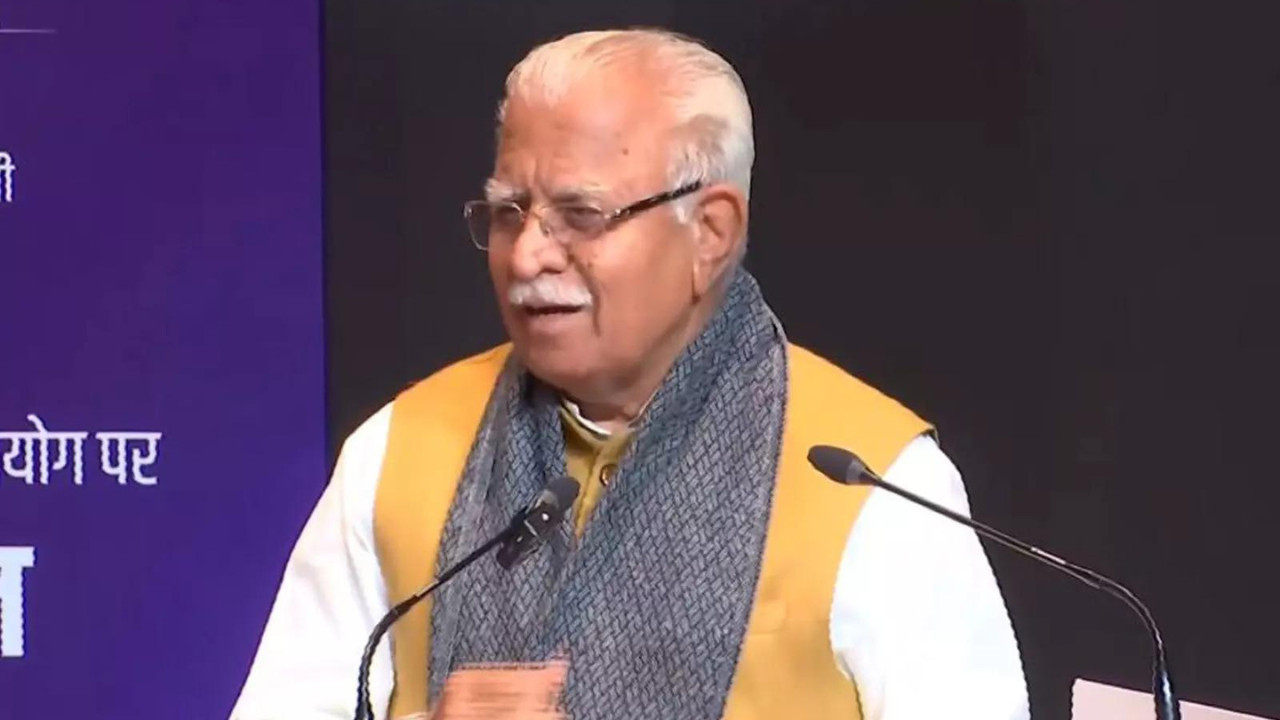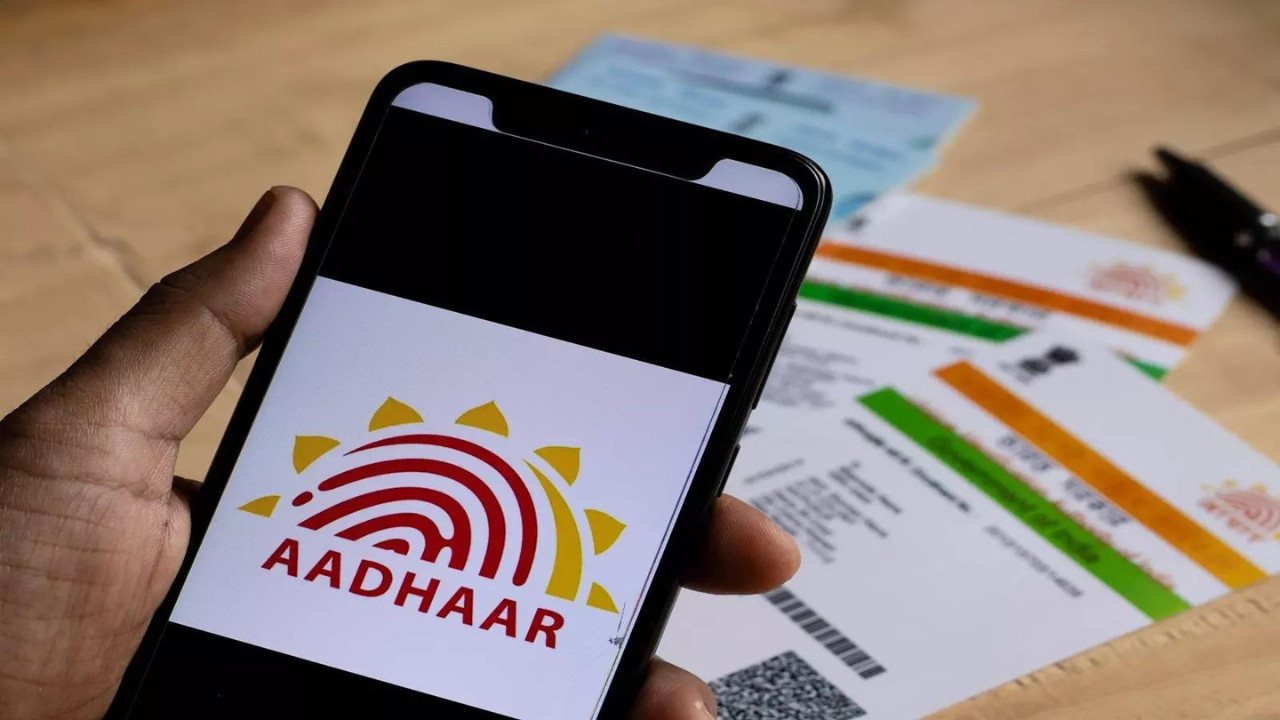The Supreme Court has admitted appeals from Byju’s promoters and BCCI regarding the edtech firm’s insolvency proceedings. These appeals challenge the NCLAT’s refusal to allow insolvency withdrawal, citing a pre-CoC settlement of Rs 158 crore. The promoters argue the settlement was reached before the committee of creditors was formed, seeking to halt the CIRP.
Byju’s Bumps: Can the Edtech Giant Avoid a Legal Sticky Wicket?
Okay, let’s be honest, who hasn’t heard of Byju’s? They exploded onto the Indian edtech scene, becoming a household name faster than you can say “quadratic equation.” But recently, the headlines haven’t exactly been about simplifying complex concepts. Instead, the narrative’s shifted to legal battles, financial headwinds, and a whole lot of uncertainty. The latest twist? The Supreme Court is set to wade into the thick of it, hearing appeals related to Byju’s insolvency proceedings.
Think of it like this: Byju’s, once the star batter on the Indian startup team, is now facing a barrage of bouncers. And this Supreme Court hearing? That’s essentially the umpire stepping in to see if things are being played fairly.
The core issue revolves around a dispute between Byju’s and some of its creditors. Remember when Byju’s acquired Aakash Educational Services, the brick-and-mortar coaching giant? That deal, a massive one in the Indian education landscape, involved loan agreements. Now, some of those creditors are claiming Byju’s hasn’t held up its end of the bargain, leading to the threat of insolvency proceedings.
Now, insolvency… that’s a scary word for any company. It essentially means a company can’t pay its debts and might be forced to restructure, sell off assets, or even shut down. For a company as prominent as Byju’s, the stakes couldn’t be higher. It’s not just about the company itself; it’s about the thousands of employees, the millions of students who rely on their services, and the overall confidence in the Indian startup ecosystem.
What’s particularly interesting here is the attempt at an out-of-court settlement. Before heading to the Supreme Court, both sides, Byju’s and its creditors, explored the possibility of a compromise. A settlement could potentially avoid a long and messy legal battle, providing Byju’s with breathing room to address its financial challenges and focus on its core business. However, the fact that the case is now before the Supreme Court suggests those settlement talks either stalled or fell short of a full resolution.
This raises a key question: what went wrong with the settlement attempts? Was it disagreement over the amount owed? Were there differing perspectives on the repayment schedule? Or perhaps a deeper issue of trust between the parties involved? We can only speculate, but the lack of resolution underscores the complexity and high-stakes nature of this dispute.
The Supreme Court’s involvement is significant. It’s not just about deciding who’s right and who’s wrong. The court’s decision could set a precedent for how similar disputes are handled in the future, particularly in the burgeoning Indian startup world, where rapid growth often comes hand-in-hand with complex financial arrangements. The judgment will likely be keenly watched by investors, entrepreneurs, and legal professionals alike.
Looking beyond the legal drama, Byju’s challenges reflect a broader trend in the edtech sector. The pandemic fueled a massive surge in online learning, and companies like Byju’s experienced unprecedented growth. However, as the world returns to a semblance of normalcy, the demand for online education has plateaued. This has forced edtech companies to re-evaluate their strategies, cut costs, and focus on profitability.
Byju’s, in particular, has been under pressure to demonstrate a clear path to profitability. The company has announced restructuring plans, including layoffs, and has been working to streamline its operations. Securing a favorable outcome in the Supreme Court case would undoubtedly provide a much-needed boost and allow the company to concentrate on these efforts.
So, what’s the future hold for Byju’s? The Supreme Court hearing is a crucial juncture. A positive outcome could provide a lifeline, allowing the company to navigate its financial difficulties and regain its footing. A negative outcome, however, could have serious consequences, potentially triggering a full-blown insolvency process.
Regardless of the outcome, Byju’s situation serves as a cautionary tale. It highlights the importance of sustainable growth, sound financial management, and strong relationships with stakeholders, particularly creditors. The edtech revolution in India is far from over, but the challenges faced by Byju’s underscore the need for companies to build their empires on solid foundations, not just on hype and rapid expansion. It’s a learning curve, not just for Byju’s, but for the entire Indian startup ecosystem. And as always, it’s a curve we’re all watching with bated breath.
📬 Stay informed — follow us for more insightful updates!







